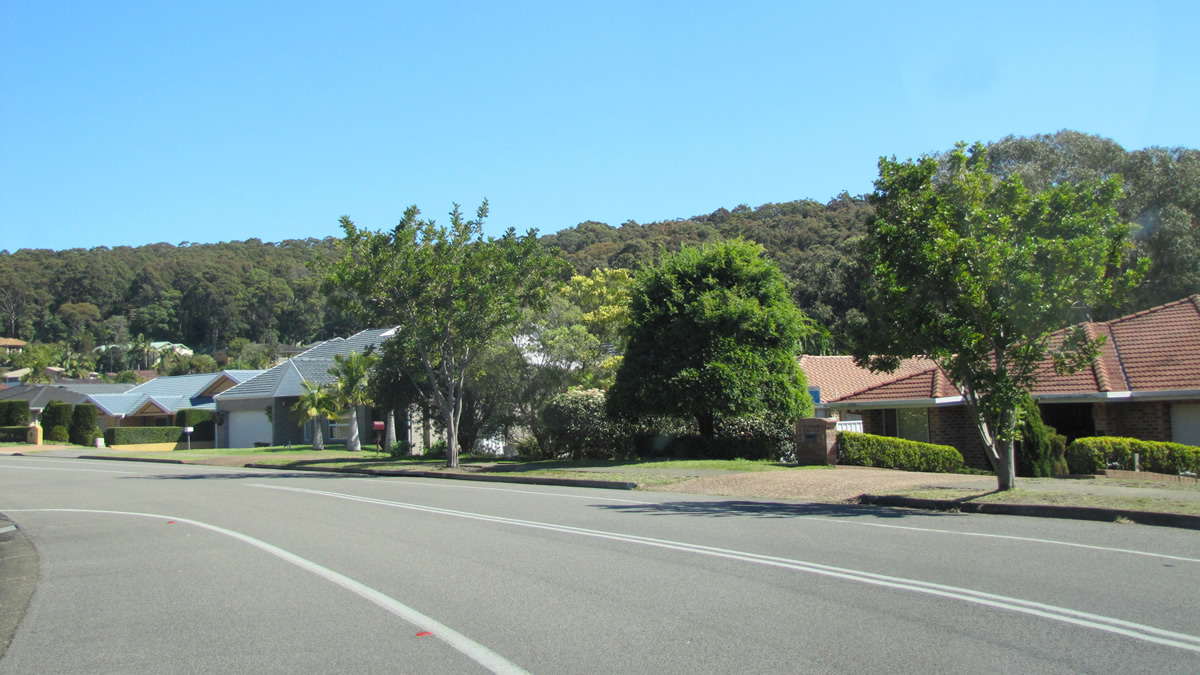Newcastle and Lake Macquarie have topped the list of residential land value rises for coastal areas of NSW.
And land values in Singleton, Gloucester, Cessnock and Maitland have all risen faster than the state average.
The figures, which the Office of the NSW Valuer General will release today, demonstrate the economic strength of the Hunter. The mining boom and the new Hunter Expressway are key drivers in the rising land values, property experts say.
Singleton is one of the strongest performers in the state with an increase in median residential land values of 13.6 per cent, from $125,000 to $142,000, between 2010 and 2011.
Mayor Sue Moore said a housing shortage in the mining town was behind the increase.
Newcastle values rose 8.1 per cent and Lake Macquarie 3.7 per cent.
Demand is said to me particularly high for land at Cameron Park, Medowie and Thornton.
The Hunter’s mining boom and the development of the Hunter Expressway have driven up land valuations in the region.
Singleton has seen the greatest leap in value, with an increase of 13.6 per cent for residential land between 2010 and 2011.Valuations issued by the Office of the NSW Valuer General show Newcastle residential land valuations have jumped 8.1 per cent and in Lake Macquarie have increased 3.7 per cent.
Gloucester, Cessnock and Maitland local government areas have also recorded increases.
The state average is a 2.01 per cent increase in residential land value.
New land valuation notices will be mailed to about 877,000 ratepayers in 48 local government areas from Monday.
“The 48 councils are those that will review their rates this year based upon the new land values,” NSW Valuer General Philip Western said.
“Increases in land values do not necessarily lead to similar increases in rates.”
Business land values varied across the Hunter
Dungog registered a 7 per cent increase, Lake Macquarie a 2 per cent increase and Newcastle a 1 per cent increase.
But Cessnock, Maitland, Port Stephens and Singleton posted decreases of between 6 and 8 per cent.
In Singleton, the median residential land value jumped from $125,000 to $142,000 but industrial and commercial land values fell by 6.9 per cent and 8 per cent respectively.
It ranked fourth in residential land value increases in the state behind Narrabri at 19.1 per cent, Temora at 18.7 per cent and Greater Hume at 15.8 per cent.
Mayor Sue Moore said Singleton’s housing shortage and the mining boom were driving the increase.
“Singleton is growing and we need more land releases, and real estate agents have been lobbying council on this for some time,” she said.
“There are other parcels of land that are not under the council’s control and those developers who control those sites are working to bring them on line.”
Council acting general manager Gary Thomson said that 12 months ago the council was getting $170,000 for residential blocks.
“We sold some more blocks a couple of weeks ago and got $192,000, which is an increase of about 12 per cent,” Mr Thomson said.
“The situation here is that there’s not a lot of lad for sale and available to be purchased immediately, but we are hoping that will improve in the next 12 months.
“We don’t have a housing strategy and that’s something we will develop in the next six months so e can determine what type of residential development we need.” Mr Thomson said there was a direct link between the mining industry and land values.
Robinson Property Newcastle land sales consultant Sam Budden said he was not surprised by the increase in land values across Newcastle. Demand was great for and in Cameron Park, Medowie and Thornton.
“Registered land is so hard to come by now and people have become accustomed to buying their blocks straight off the plan.”
He said the high market demand was pushing up prices and, with the Hunter Expressway under construction, areas such as Cameron Park were becoming the Hunters new central point.
“When the expressway opens it will be 25 minutes to anywhere from Cameron Park,” he said.
On the commercial front, Mr Budden said Newcastle’s vacancy rate was low, keeping rental figures high and equating to higher property values.
A Newcastle City Council spokeswoman said the land value increases would not have a bearing on total rates paid as NSW councils ad rates capped by the state government.
A Lake Macquarie Council spokeswoman said the figures for the area were “most likely just a natural progression in values”.
Source: Newcastle Herald, 7 January 2012

